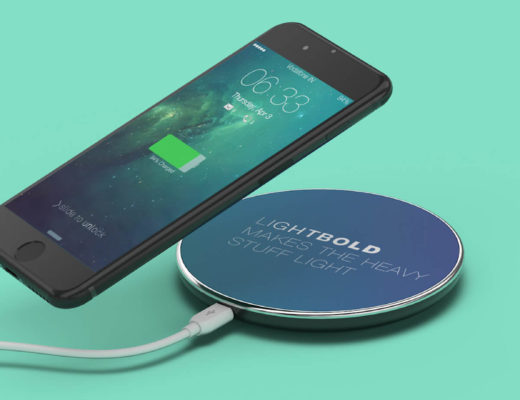2018 is the year in which every company is confronted by the European legislation on personal data protection, officially coming into force on 25th May.
In order to comply with the GDPR, as the legislation is known, a wide range of measures must be implemented to avoid the risk of breaching these new rules: privacy impact assessment, verification, review of the criteria, activity records and, possibly, the appointment of a data protection officer (DPO).
In addition to covering companies that offer goods and services within the European Union (such as banks, insurance companies, phone networks, public bodies, luxury brands, supermarkets, start-ups, and SMEs), the GDPR will also apply directly to private users. For the impact of this, just look at the activity of two of the web’s giants: Facebook and Google. The former has recently published a series of informational videos on personal data and privacy, anticipating a drop in users in the upcoming months due to a direct request for consent to data processing. The second, similarly but with even more concerted effort, has been asking users what data they want to share with its various services, forcing a hands-on approach to its technologies, processes, and tools.
An important step for data protection: moving from passwords to biometric identification
“Cybercrime costs Italian companies 900 million dollars a year; we’re not talking about a minor detail,” explains Carlo Maucelli, National Technology Officer at Microsoft Italy. This company, whose current business has increasingly moved towards to cloud services for companies, finds GDPR to be more of an advantage than others.
An important new milestone will be reached in 2020 when, according to research conducted by Grand View Research, the global market associated with biometric technology will be worth more than 24 million dollars, part of which will be relevant to data protection. A recent report by security company Preempt found that 35% of users have weak passwords and 65% are at risk of hacking, while, as highlighted by the Ponemon Institute in 2017, 35% of companies have a password policy but don’t apply it. The solution comes with a new wave of computer users, Millennials, who claim to be totally comfortable with biometric authentication, thus facilitating the entry of this type of technology into the workplace. If, for obvious reasons related to older users, passwords won’t disappear entirely, it is equally true that the use of biometric technology will become widespread, and that the need to remember multiple passwords will shortly be superseded by access methods based on our faces, hands, eyes, and voices.
Practical, useful, and safe: USB flash drives offer the best protection for your data
Notwithstanding the useful and necessary technological and legal innovations in the field of data security, there’s an accessory that’s still widely used both at a commercial and private level to protect data: the USB stick. Often equipped with many gigabytes of memory and characterized by its ease and speed of use, these accessories are still undoubtedly the most secure and convenient way to store data.
Discover our USB sticks – perfect as promotional gadgets and customizable with a company logo.




